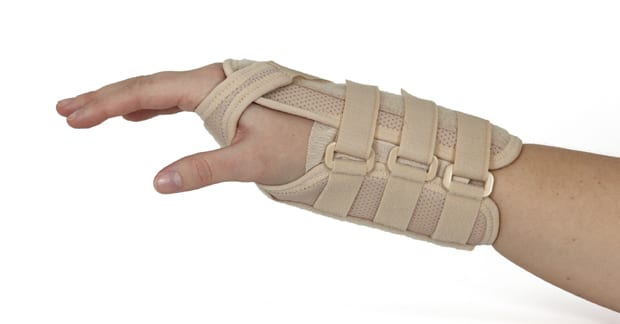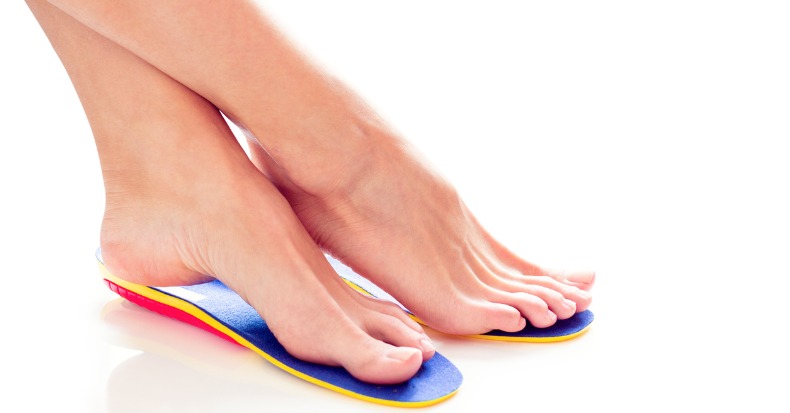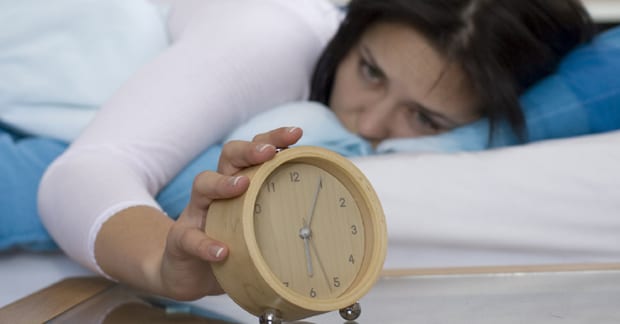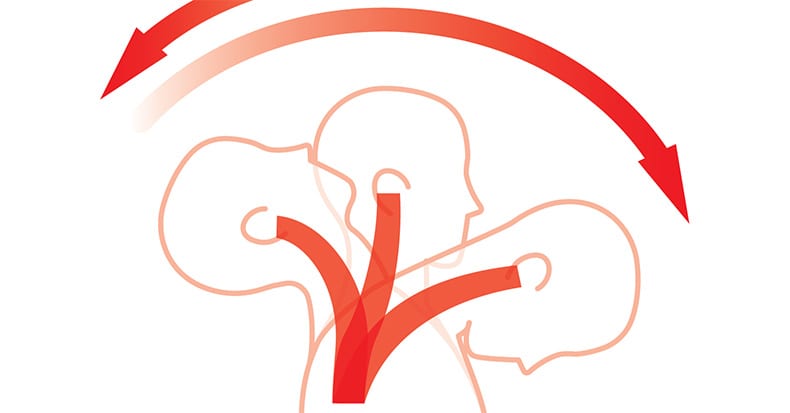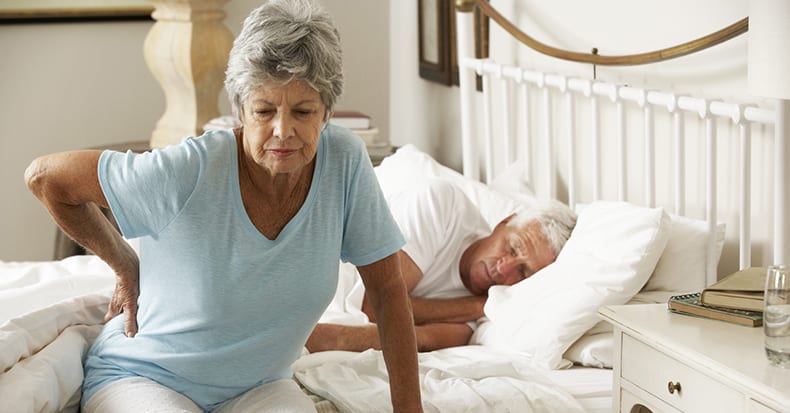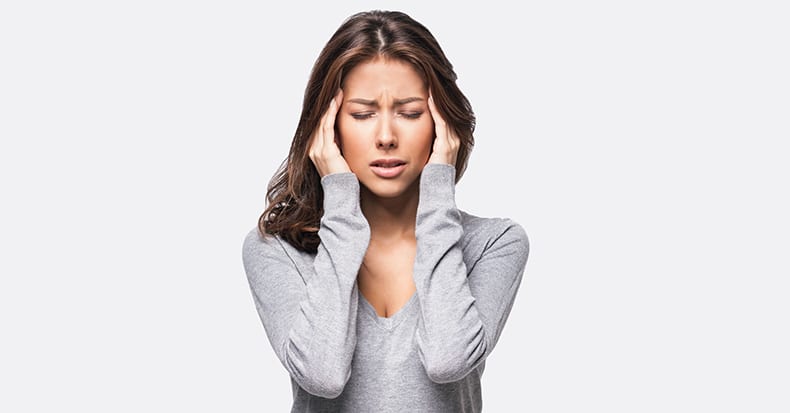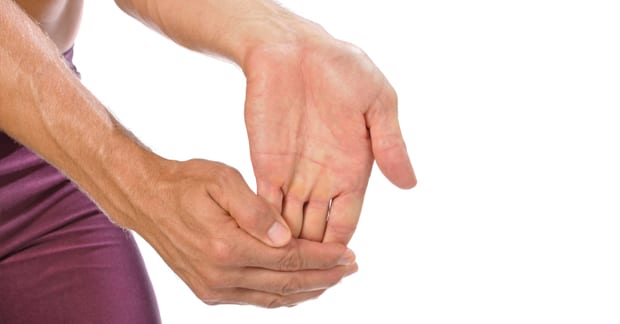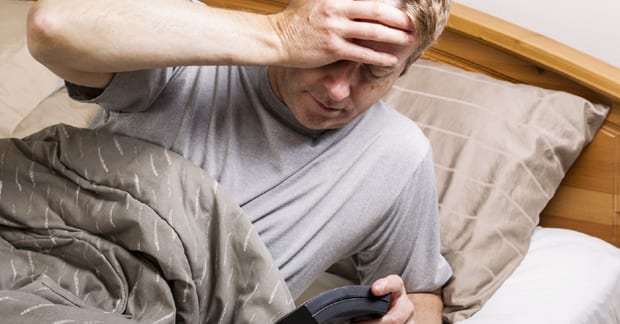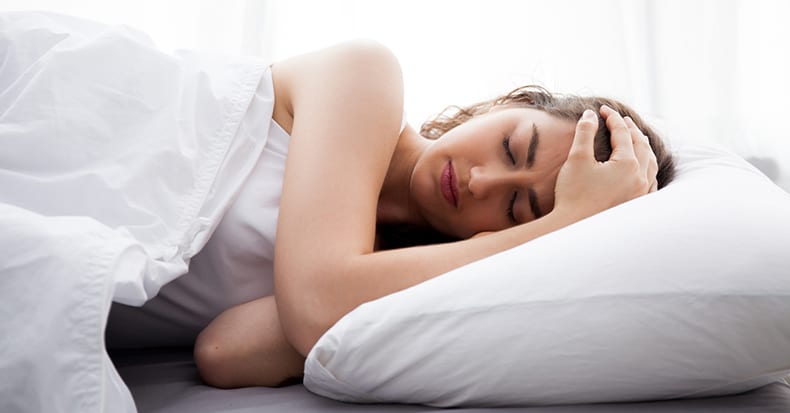Newest Articles
Carpal Tunnel Syndrome
(CTS) is a very common problem that affects one out of every twenty
people in the general population including assembly line workers, postal
employees, assistants, servers/waiters, musicians, carpenters, and many
others. Because of time lost from work, treatment costs, and short and
long term disability payments (on average $30,000 per claim, and [..]
Whiplash,
or more properly stated, Whiplash Associated Disorders (WAD), is
usually associated with car accidents, slip and falls, and sports
injuries. It is a very common injury affecting millions of people around
the world, and costing health care systems billions of dollars. The
question of the month is, what can we do to AVOID or [..]
Low back pain (LBP) can result from many causes, and sometimes it just occurs for reasons that are not clear, such as the accumulation of stresses that occur over time. Many causes of low back pain have been described such as bending over “wrong,” combined bending and twisting, lifting, over reaching, climbing, sitting too long, [..]
Last month, we focused on how important sleep is in the management of the fibromyalgia
(FM) and the relationship between sleep dysfunction and restless leg
syndrome. Now that it’s clear that the sleep and FM pairing is so
important, how can we improve sleep quality? As previously stated, sleep
dysfunction is a consistent complaint among [..]
Pain perception and psychology are linked. As with the chicken-and-the-egg scenario, a question arises: what comes first?Does an abnormal psychological profile cause chronic pain?OrDoes chronic pain cause an abnormal psychological profile?The relationship between the link of pain perception and psychology is particularly important in cases where compensation is involved. It is known that pain afferents fire to the limbic system, affecting [..]
The term “angina pectoris” refers to chest pain. Angina is classified
into three groups: 1. Stable angina (or, “effort angina”); 2. Unstable
angina (“crescendo angina”); and 3. Microvascular angina (“syndrome X
angina”). The 3rd type is caused by narrowing of the tiny blood vessles
supplying the heart muscle and the symptoms vary, making it less [..]
For the last two months (Part 1 and Part 2), we’ve discussed the importance of sleep and its effect on low back pain (LBP). Last month, we offered 9 ways to improve sleep quality, and this month we will conclude this topic with 11 more. Sleep deprivation has been called, “…an epidemic” by the Centers [..]
Headaches are a very common problem that can have multiple causes ranging from stress to trauma. To make matters worse, there are MANY different types of headaches. One such type is the “cervicogenic headache” (others include migraines, cluster headaches, etc.).
The main distinction between the symptoms associated with cervicogenic headaches and those associated with migraine [..]
Carpal Tunnel Syndrome
(CTS) is the most investigated, researched, and talked about disorder
when it comes to work-related injuries to the upper extremities because
it is often the cause of so much lost work time, disability costs, and
the source of financial hardship for many of its sufferers. So, the
questions are: Is there a [..]
Whiplash injuries occur as the result of a sudden acceleration followed by deceleration, and the degree of injury is dependent on many factors. Some of these include: the size of the vehicle, the conditions of the road, the angle of the seat back, the “springiness” of the seat back, the position of the head rest, [..]
Fibromyalgia
(FM) and sleep dysfunction seem to go hand in hand. In fact, most
people who have FM complain of problems associated with sleeping. Sleep
problems can include difficulty falling asleep with or without waking up
one to multiple times a night. Also, the inability to reach “deep
sleep” results in waking up feeling un-restored. [..]
Last month, we discussed the relationship between sleep deprivation and low back pain (LBP) and found that LBP can cause sleep loss AND sleep loss can cause LBP. It’s a two-way street! This month, we will look at ways to improve your sleep quality, which in return, will reduce your LBP. There are many ways [..]
